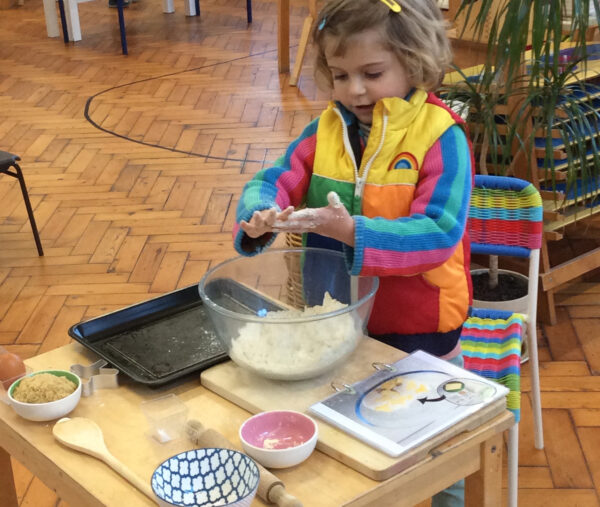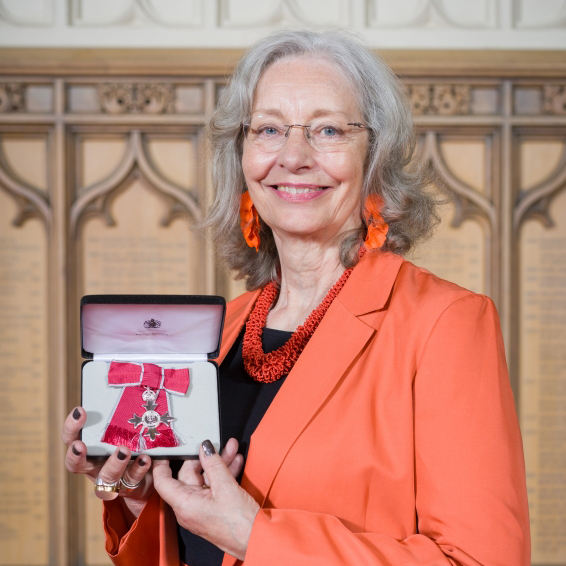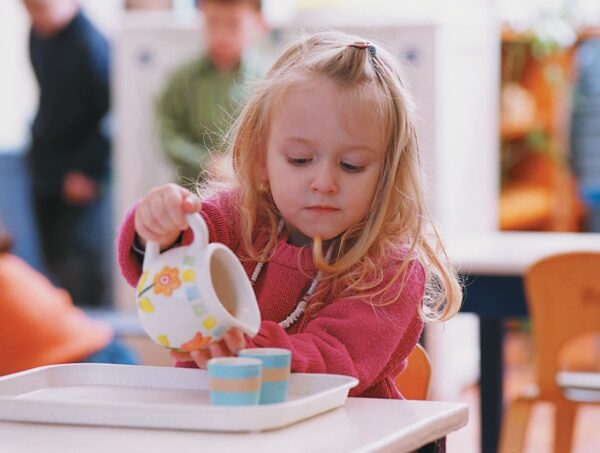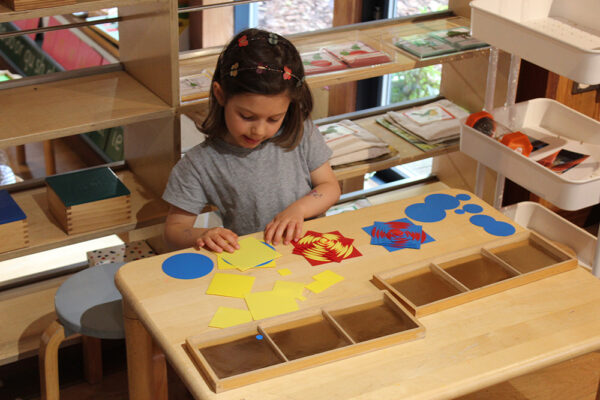Quantity alone is not quality. Expanding places without rethinking pedagogy risks a missed opportunity. If Labour is serious about equity and transformation, it should look to a century-old model that is both radical and rigorously evidence-based: Montessori education.
A Moment of Possibility
Labour’s policy of taxing private schools and redirecting resources into the state sector, whilst promising “high and rising standards”, signals a willingness to re-engineer rather than merely tinker. Nowhere is that more urgent than in the early years, where gaps open fastest and have far-reaching implications for life outcomes.
The current model of early education, with its heavy reliance on teacher-led instruction, fragmented timetables, and relentless assessment, is increasingly out of step with what developmental science tells us about how young children learn. The prize for getting it right is enormous: long-term gains in literacy, numeracy, executive function, and social outcomes. The risk of settling for business-as-usual is another decade of entrenched inequality.














